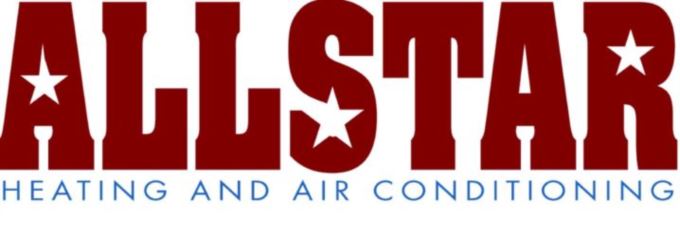
Major changes are coming for the heating and cooling business! Cooling systems shifting from R-410a to newer refrigerants like R-454B refrigerant and R-32 refrigerant will be coming in 2025. These new coolants are engineered to be better for the environment and satisfy updated regulations about global warming. But what does that mean for your present HVAC system and upcoming services?
This shift will reduce the environmental footprint of our air conditioning systems. Beginning in 2025, new AC systems will utilize a a different class of refrigerants that are more compatible with climate goals. If you're contemplating getting an AC replacement soon, this is the opportune time to explore how these updates can impact your home's comfort.
Why Is R-410a Refrigerant Being Phased Out by New Regulations?
For years, R-410a was the go-to refrigerant for residential air conditioners because it worked so well. But analysis revealed that R-410a still negatively impacts global warming. Because of this, the Environmental Protection Agency (EPA) enacted an initiative back in 2021. The industry will gradually discontinue R-410a to replace it with refrigerants that are more environmentally friendly.
The HVAC industry has undergone shifts like this before. When the industry phased out R-22 (commonly called Freon) to R-410a, homeowners like you had to follow suit. And similarly, this transition will affect how systems are constructed as well as the best practices for HVAC maintenance. Both residents and HVAC technicians must plan for these new refrigerants if they wish to keep experiencing the most secure, most energy-efficient cooling possible.
New HVAC Refrigerants Replacing R-410a?
The new batch of refrigerants belong to the new "A2L" classification and contain the newest R-454B refrigerant and R-32 refrigerant coolants. They're engineered to offer the same powerful cooling while greatly lowering their global warming potential (GWP) compared to R-410a.
R-454B refrigerant is anticipated to be particularly useful due to its GWP being about 78% lower than R-410a. While R-454B refrigerant is technically more flammable than R-410a, enhancements to system manufacturing and maintenance practices will ensure servicing is just as safe to perform. Additionally, contemporary cooling systems using R-454B refrigerant are significantly more energy efficient, contributing to big savings on energy bills over time, especially if you maintain your system with routine HVAC maintenance.
This change isn't simply about swapping out the refrigerant—it impacts the whole HVAC system because the characteristics of R-454B refrigerant make it incompatible with older systems. Ultimately, every household and business using R-410a will have to transition to one of the new systems.
R-410a Replacement: What Do I Need to Do to Switch to New HVAC Refrigerants?
Transitioning to the new refrigerants will not be as simple as swapping out the new coolants with what's used in your current HVAC system. That's because the distinct properties of R-454B refrigerant and R-32 refrigerant make existing R-410a systems incompatible. But rest assured—you can keep using your current R-410a system for now. Just know that as time passes, the price of repairs and tune-ups will rise as R-410a becomes scarcer.
Planning ahead is the most effective way to handle things. If your AC system is currently nearing the end of its lifespan, this is the best time to contemplate upgrading to a newer model that uses the new R-454B refrigerant. Plus, the staff here at Allstar Heating & Air Conditioning can support you with upgrading with flexible options for HVAC replacement financing.
What Type of Cooling Refrigerant Is in My HVAC System?
Not sure which refrigerant your AC system employs? In general, you can easily locate this information by checking the label on your outdoor unit. This label indicates the type of refrigerant, the model number and various other specifications about your cooling system.
But if you have difficulty reading the label or can't find your user manual, remain calm! You can always connect with one of the skilled technicians at Allstar Heating & Air Conditioning to assist you in identifying the refrigerant. Get all the info you need by giving us a call at 805-242-9638.
